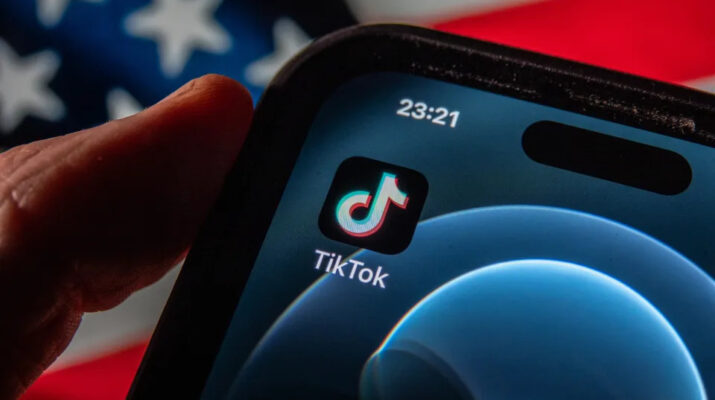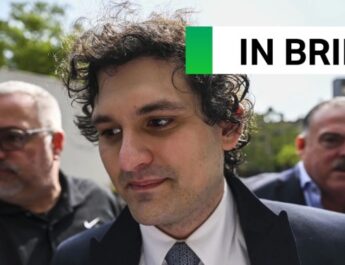The Supreme Court is set to tackle several high-profile cases in 2025 that will have far-reaching implications for various industries, including technology, automobiles, and finance. The court’s decisions on these matters could significantly impact the way businesses operate, the rights of consumers, and the regulatory landscape.
TikTok vs. the US Government: Free Speech and National Security
The Supreme Court has agreed to hear an emergency appeal from TikTok, a Chinese-owned social media company, challenging a federal law that effectively bans the app on January 19 unless it is sold to an owner not controlled by a foreign adversary. The law, signed by President Biden in April, raises concerns about data security and national security.
TikTok argues that the law violates the First Amendment and would infringe upon the company’s free speech rights. The case will be heard on January 10, just days before Donald Trump is sworn in as president. Trump has suggested that he would "save TikTok" during his campaign, but the Department of Justice has asked the Supreme Court to reject his request for a stay.
A ruling in favor of TikTok could have significant implications for social media companies and the way they operate in the US. Mark Lightner, head of special situations legal research for CreditSights, notes that a court decision upholding the ban could be a boon for TikTok’s competitors, such as Meta (META), by redistributing advertising dollars.
California vs. EPA: Vehicle Emission Standards
Another key case to watch in 2025 is Diamond Alternative Energy v. Environmental Protection Agency, which centers on California’s right to set stricter vehicle emission standards than those imposed by the EPA. The plaintiffs, including Valero Energy Corp and several states, argue that the EPA’s grant of a waiver to California allows the state to act as a "junior-varsity EPA" and quasi-federal regulator.
The case will be closely watched for its potential impact on the shift from fossil fuels to electric vehicles. The Supreme Court will address whether the plaintiffs have standing to sue and whether the EPA’s waiver was properly granted.
Employment Law: Exempt vs. Non-Exempt Workers
In Epic Systems Corp v. Lewis, the Supreme Court will consider a case that raises questions about employment law and the classification of workers as exempt or non-exempt from minimum wage and overtime pay. The lower court ruled that employers must show "clear and convincing evidence" that a worker is exempt, but EMD argues that this standard is too high.
The outcome of this case could have significant implications for employers and employees alike, particularly in industries where workers are classified as exempt or non-exempt.
Forum Shopping: Where to File Lawsuits
The Supreme Court will also consider Food and Drug Administration v. R.J. Reynolds Vapor Co., which raises questions about "forum shopping" – the practice of filing cases in courts that may be more inclined to favor one’s views. The case started with a challenge by tobacco maker R.J. Reynolds to an FDA ban on flavored e-cigarettes filed in a New Orleans-based federal appeals court.
The Biden administration has argued that this ruling facilitates blatant forum shopping and undermines the precedents of other courts. The outcome of this case could have significant implications for businesses seeking to file lawsuits in favorable jurisdictions.
Wire Fraud: Expanding or Limiting the Justice Department’s Reach
Finally, Stamatios Kousisis and Alpha Painting and Construction v. US deals with a contractor who deceived the government in an application for a government contract. The government argues that federal wire fraud and mail fraud statutes should be interpreted broadly to permit prosecution, even when the government did not suffer financial harm.
If the court accepts the broader interpretation of these statutes, it could lead to an increase in investigations into corporate conduct and prosecutions. This case will have significant implications for businesses operating in industries where wire and mail fraud are common.
These cases highlight the importance of Supreme Court decisions in shaping the regulatory landscape and impacting various industries. As these cases unfold, businesses and consumers alike should pay close attention to their potential implications.




